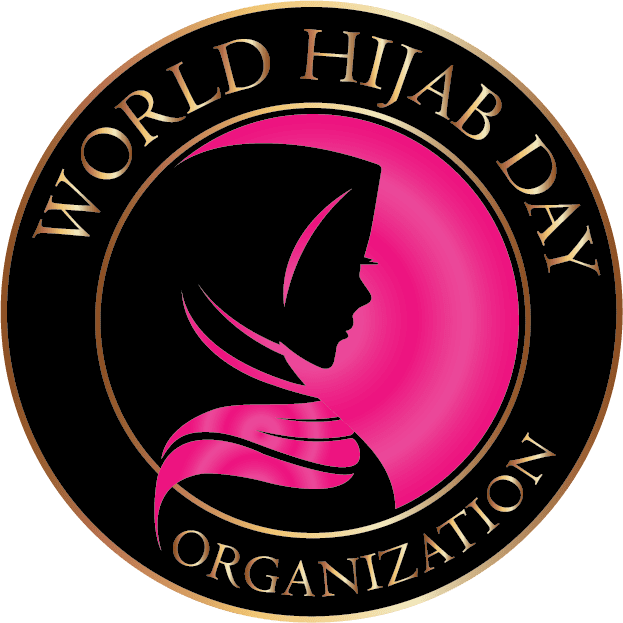By Famidah Mundir-Dirampaten
My family is conservative and dare I say, somewhat religious, but they never forced me to wear a hijab nor is it something that I have done blindly. It is a journey of faith, where I ultimately accepted and integrated into my life.
While I was a teenager, putting on my hijab allowed me to fully embrace my Muslim identity. Dressing modestly in general or wearing the hijab in particular, provided me with tremendous pride and courage in who I was. Since then, I have worn the hijab for several different reasons throughout the years. In the process, I delved deeper into my faith, I began to understand vividly how significant the hijab is for Muslims. It has now dawned on me that the hijab is an outer manifestation of my inner obedience to God; I wear the hijab as a form of worship.
The reason many people are intimidated by my hijab is often that they don’t know who I am or understand what I stand for. Through hijab, Islam has taught me that what matters most is what lies within. In other words, I have learned to look deeper than the surface of one’s skin and I can only hope others treat me the same way.
Moreover, when I choose to cover this way, it’s because I am fighting against the systematic oppression of women in which women’s bodies are being sexualized and objectified. There may be a different perspective and a different form of empowerment in that, but when I am in public, wearing the hijab allows me to be in control of my sexuality. In other words, people have to judge me based on my personality and level of intellectuality rather than judge me based on my physical appearance. That, to me, is liberating with a hijab. I am dressed, not oppressed.
Therefore, a hijab should be protected as a right. Many Muslim women adopt a postfeminist repertoire of choice, power, beauty and consumption to represent themselves. I believe, they might, perhaps unwittingly, gravitate toward postfeminism because it provides an alternative discourse that debunks victimhood and stereotypes of Muslim women as powerless, oppressed, radical or unfashionable. Unfortunately, the politicization of feminism and empowerment is common in postfeminism. Instead of focusing on basic human rights, a discourse of ‘choice’ has emerged. Thus, an uprising against Islamophobia or hijabophobia, defends the rights of a woman in secular countries to wear a hijab as a choice. However, it is her basic human right.
Muslim women should be allowed to take their rightful place in society. However, there is much to be done for peace and to reach a more open, inclusive and tolerant society. After all, it is our humanity that binds us together. The hijab is a crown of faith and mutual respect.
From Qatar, I stand in solidarity with my intrepid Muslim sisters across the globe who show exceptional courage and resilience as they engage in challenging systemic bigotry, discrimination and prejudice in which they are threatened and persecuted for practicing their faith by wearing their crowns. Stay firm in your convictions. I am honored to join you in your efforts.
About the Author

Famidah Dirampaten is a candidate for the Master of Arts in Religious Studies with concentrations in Interfaith Peace Building and Nonprofit Leadership at the Unification Theological Seminary in New York. She is currently based in Doha, Qatar. Instagram@famidz


